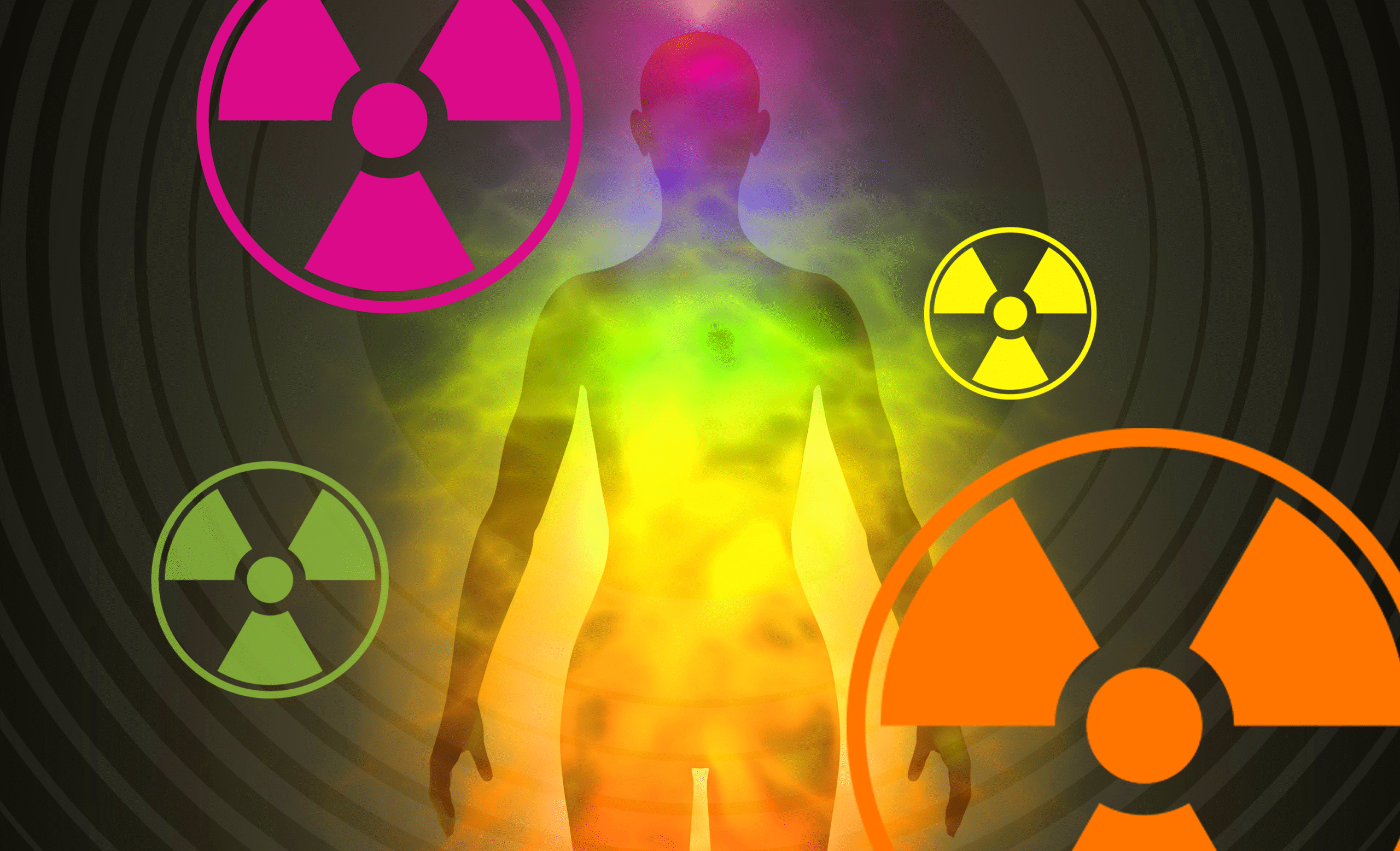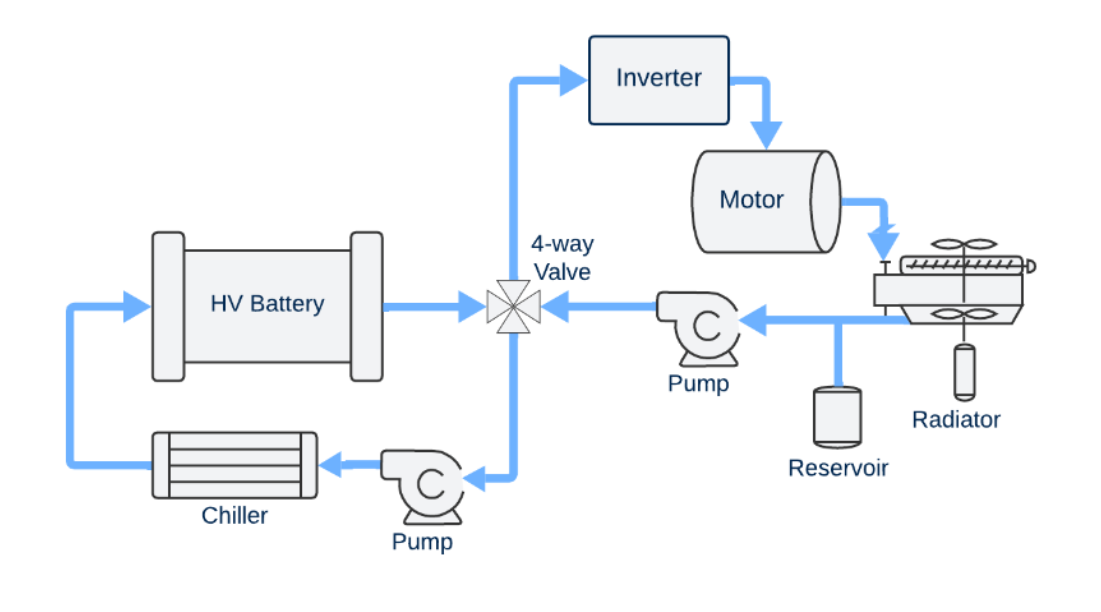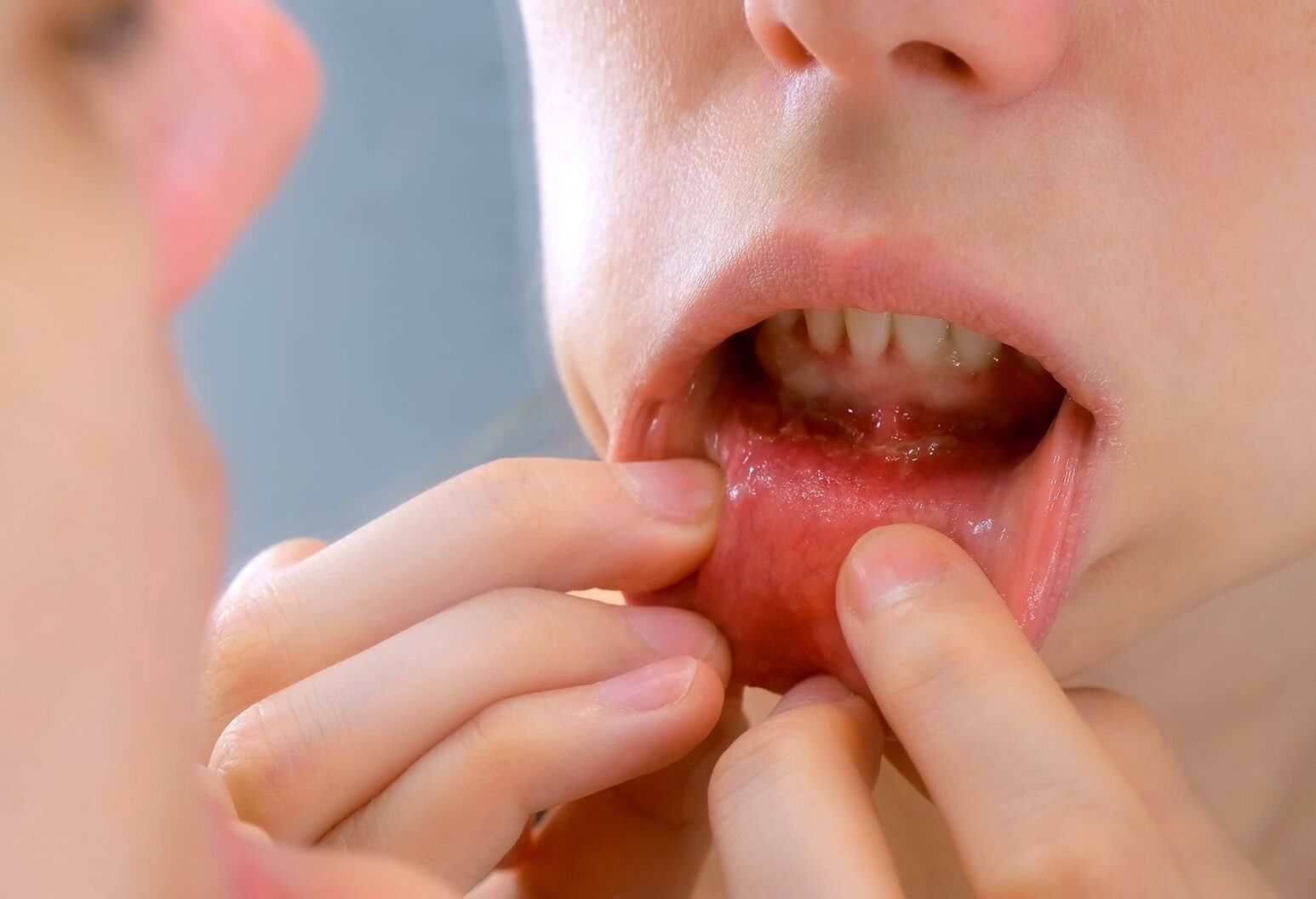A large study funded by the National Cancer Institute has found that radiation exposure from medical imaging may be linked to a small but measurable increase in blood cancers among children and adolescents, though the overall benefits of imaging strongly outweigh the risks. Published in the New England Journal of Medicine under the title “Medical Imaging and Pediatric and Adolescent Hematologic Cancer Risk,” the study analyzed data from more than 3.7 million children who underwent CT and other scans between 1996 and 2016 in the U.S. and Canada. Using advanced 3D anatomic patient models developed at the University of Florida, Professor Wesley Bolch and his team reconstructed organ-specific bone marrow doses to assess cancer risk with greater precision than past studies, which had relied largely on atomic bomb survivor data. Results showed that children receiving higher cumulative bone marrow doses—particularly from head and neck CT scans—had a slightly increased risk of developing leukemia or related blood cancers by age 21, with incidence at about 0.3% in those exceeding 30 milligray. Importantly, fewer than 1% of children in the study fell into that high-dose category, and current CT systems deliver far lower doses thanks to significant technological advances and size-based adjustments introduced since the early 2000s. The authors emphasized that while ionizing radiation is a known carcinogen, diagnostic imaging remains vital for detecting serious illness, and the benefit-to-risk ratio clearly supports its use when clinically justified. Bolch and colleagues noted that this is the first large-scale North American study to evaluate pediatric imaging risks with individualized patient data, providing crucial evidence to guide safer imaging practices. Experts agree the findings underscore the importance of dose optimization and careful justification, ensuring that children receive the lowest possible radiation exposure while still gaining the lifesaving advantages of modern medical imaging.








